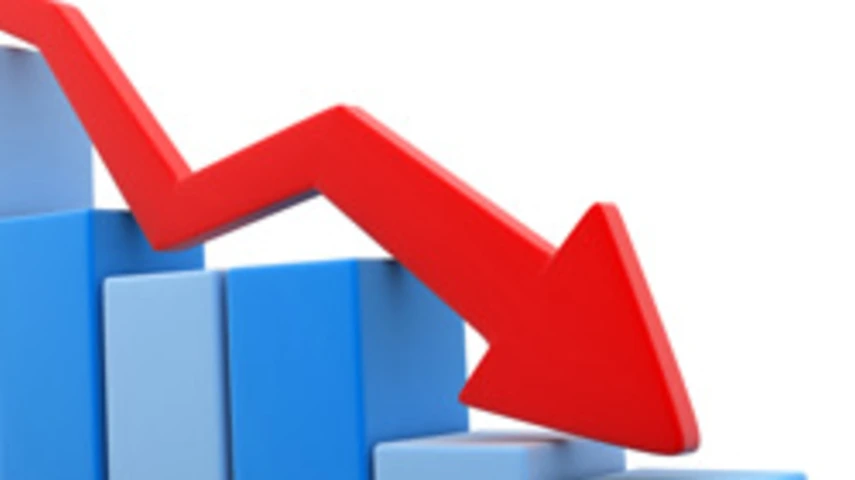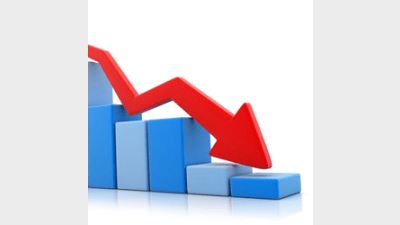Growth funds lose ground over March



Growth superannuation funds failed to return a positive return over the month of March, the Morningstar Australian Superannuation Survey has found.
The median fund returned -0.4 per cent while individual results fell between a low of -0.9 per cent and a high of 0.4 per cent, the report stated.
The median fund recorded an annualised return of 11.8 per cent over the year, 5.8 per cent over three years, 3.2 per cent over five years and 6.9 per cent over the 10 years to 31 March 2013.
Super funds in the Morningstar Multisector Growth category held an average allocation to equities of 57.8 per cent at the end of February, split between Australian equities (31.9 per cent) and international equities (25.9 per cent). The average allocation to property was 8 per cent, according to Morningstar.
Defensive assets made up 23.1 per cent of growth funds' average asset allocation.
Legg Mason Growth had the highest allocation to Australian shares (49.7 per cent), followed by Legg Mason Balanced (43.6 per cent) and BlackRock Diversified Growth (41.9 per cent).
The highest allocation to international shares was recorded by the Zurich Managed Growth fund (37 per cent), followed by the CFS Growth (34.6 per cent) and Care Super Sustainable Balanced funds (31.6 per cent).
The best-performing growth fund over the three years to 31 March was Rest Core (8 per cent), followed Legg Mason Balanced (7.7 per cent), Invesco Diversified Growth (7.5 per cent), AustralianSuper Conservative Balanced (7.2 per cent) and Legg Mason Growth (7.1 per cent).
Recommended for you
Australia’s largest super fund, AustralianSuper, has announced multiple additions to its executive leadership team to focus on global growth and innovation.
Super Review rounds up last month’s biggest people moves in the superannuation industry, including a new fund chair and a private markets head.
Investment returns for the Future Fund hit a milestone in September, adding $200 billion in value for the first time ever.
Australia’s largest super funds have deepened private markets exposure, scaled internal investment capability, and balanced liquidity as competition and consolidation intensify.










